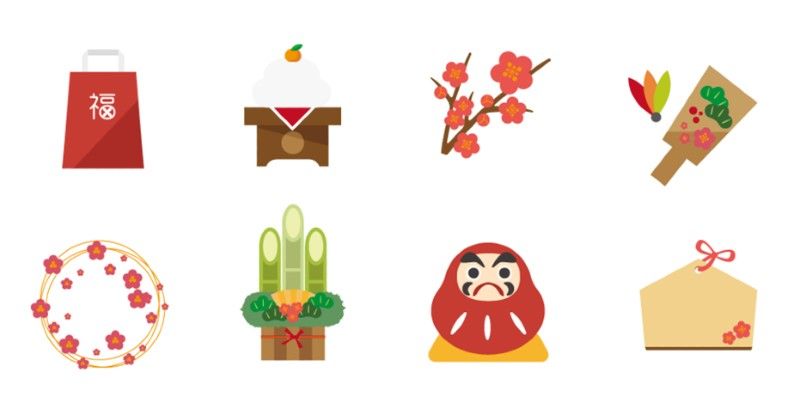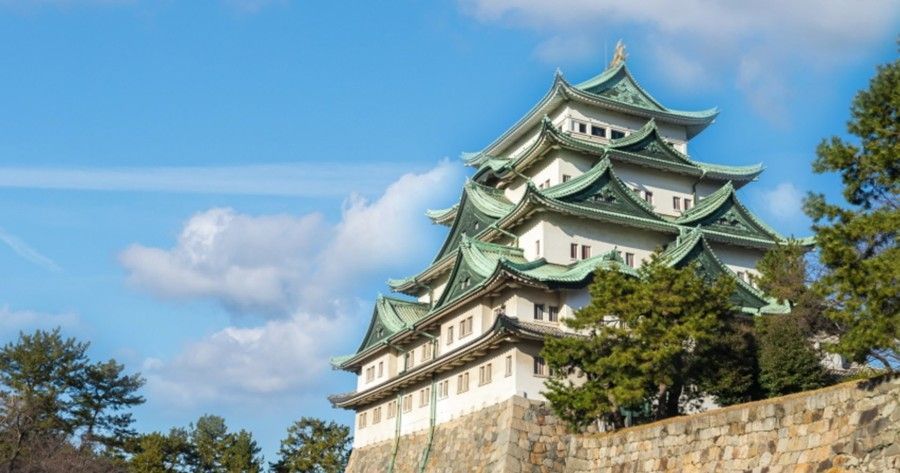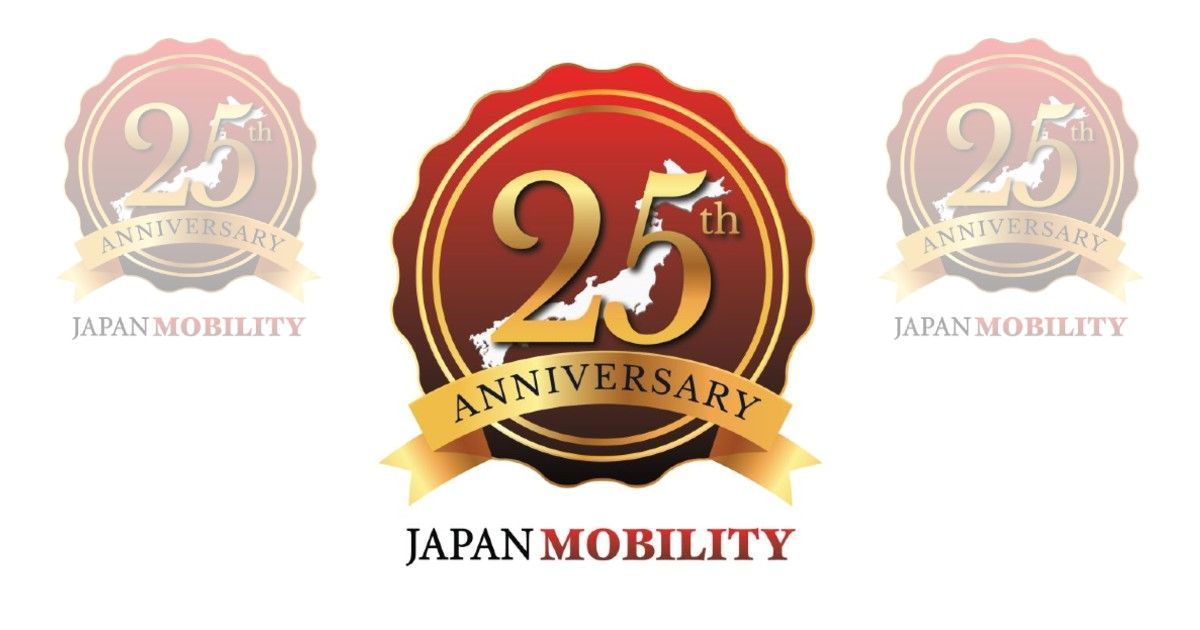Money Culture in Japan
Outside of Japan, the nation's cultural norm of goodwill and politeness is generally quite well-known. This reputation has been built upon through generations and extends to numerous different fields, including the etiquette of money and how to handle it. You would not want to be seen as the traveler that goes abroad to different countries and ignores all sorts of customs and traditions. When in Rome... as it were.
Below you will find a brief guide to help you avoid getting into any awkward situations.
A cash-reliant society?
With its image of advanced technology and modern marvels, it may come as a surprise to some people that Japan is very much still a cash-reliant society. There are too many reasons to be able to pinpoint a sole explanation, however one of the reasons why is because of its large elderly population. When travelling around Japan you will quickly notice the vast amount of local family-run businesses, like small shops and restaurants. The further you travel away from larger cities, the more of these you will see. Businesses like this will almost always be cash only, so be sure to ask whether they accept card before sitting down and ordering a meal.
However, the notion that Japan has a heavily cash-reliant society can be at the risk of being overstated. In the past few years alone, the increase in the number of establishments that accept credit cards has increased exponentially, particularly in the urban areas, as one might expect. Most major supermarkets, electronic stores, furniture stores, etc. offer a variety of payment options, including credit cards and a number of electronic payment options such as PayPay and LINE Pay. The truth is, you can never really be sure what to expect, so it’s always a good idea to carry some cash on you just in case and for regular spending, take note of where does and does not accept credit cards if that is your preferred method of payment.
No Tipping
Tipping in Japan is something that you almost never see. Though this may sound bizarre to people who are from a culture where tipping is standard, it almost has a negative connotation here. While the general concept of tipping comes from a place of appreciation for a service, in Japan the idea of having high-quality service is the bare minimum, so when a tip is left behind it can create some confusion with the staff thinking that you may have forgotten your change. As maintaining a high-level of service is a given, staff do not expect to receive any sort of tip, so in some rare cases leaving behind a tip can come off as insulting. However, do not fret! They usually do not expect foreign travelers to be following every custom closely, so if you ever catch yourself handing out a tip it will typically be politely refused.
The Cash Tray
Whenever you head into any sort of shop, whether it be a convenience store or small souvenir shop, you will always find a small tray on the counter. That is where you put your cash to pay. Money is rarely passed directly from hand-to-hand as it makes for counting and collecting money a lot easier for the cashier. It avoids any sort of awkward interactions where coins fall all over the floor while you and the cashier frantically try to pick it all back up. Another reason why a tray is used is because of hygiene, especially during the COVID-19 pandemic. Some people might be uncomfortable with directly touching other people’s hand/money and you may also see some clerks handling money wearing gloves. If you are expecting change, it will be placed into the tray allowing you to collect it easily and swiftly.






















